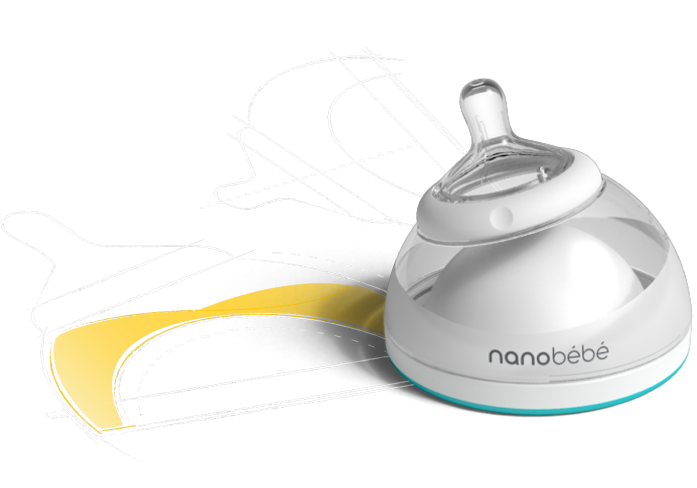Breast Milk Supply: Are You Producing Enough?
New moms often ask: 'Do I have enough breast milk?' Most likely, YES! About 98% of women produce sufficient milk. But misconceptions abound. Learn the truth about milk supply and common worries.

Ashanti Rivera

1. Diaper Output
Tracking your baby’s wet diapers will help you determine whether you’re not producing enough milk. What goes in must come out, right? Lots of moms may feel like tracking diapers is a hassle but it can be a really useful tool to understand if your milk supply is sufficient. By tracking diapers, you’ll likely find out that everything’s working as it should.
2. Pump Output
Experts recommend that mothers wait until baby is 6 weeks old before they begin to pump – when their milk flow has regulated. For a variety of reasons including returning to work many women begin pumping early. Keep in mind that a pump isn’t nearly as effective as suckling and that your breasts are made to produce exactly what is needed by your baby.
For example, at about 1 month old, your baby’s belly is the size of an egg. This means you shouldn’t expect to pump more than about 2 oz per breast. On average, it’s normal to pump anywhere between 1 to 4 oz, and moms who pump more are considered to have an oversupply of milk. Rather than asking yourself, “Do I have enough breast milk?” consider asking whether you’re producing too much of it.
3. Baby is Nursing All the Time
So many moms think that a baby who is constantly on the breast is not getting enough milk. This is not necessarily true. First of all, babies nurse for a number of reasons that have nothing to do with hunger. These include growth spurts (learn about cluster feeding), comfort, and immunity boosting.
Besides, milk production works like supply and demand. As babies grows, they need more milk. Therefore, they will nurse more often to stimulate the breasts to meet this demand. That’s how infants help boost milk supply naturally. This doesn’t mean you’re not producing enough breast milk for baby, but rather that your infant is helping make sure that your body DOES make enough.
Trust Your Body, Listen To Your Baby's Cues, & Ask For Help
Being a mom can be tough, but breastfeeding doesn’t have to be! Trust your body, listen to your baby’s cues, and ask yourself:
Is my baby producing enough bowel movements?
Is my baby gaining or maintaining a healthy weight (after the initial post-birth weight loss)?
If your answers are "yes," you can feel confident that your baby is getting what is needed.
Remember that if you have breastfeeding-related doubts, you shouldn’t hesitate to seek local resources for lactation support from places like a hospital, WIC office, La Leche League, and others.
And when you are ready to introduce a bottle, check out nanobébé’s innovative feeding products. Nanobébé created the first bottle designed exclusively for breastmilk, available now at buybuy BABY online and in stores nationwide.
*Nanobébé is thrilled to welcome guest bloggers. The views and opinions represented in these blog posts belong solely to the guest blogger and are not the legal responsibility of the company. The owner of this blog makes no representations as to the accuracy or completeness of the information provided by the guest blogger and will not be held liable for any errors or omissions of information nor for the availability of this information.

Ashanti Rivera
Share this post




